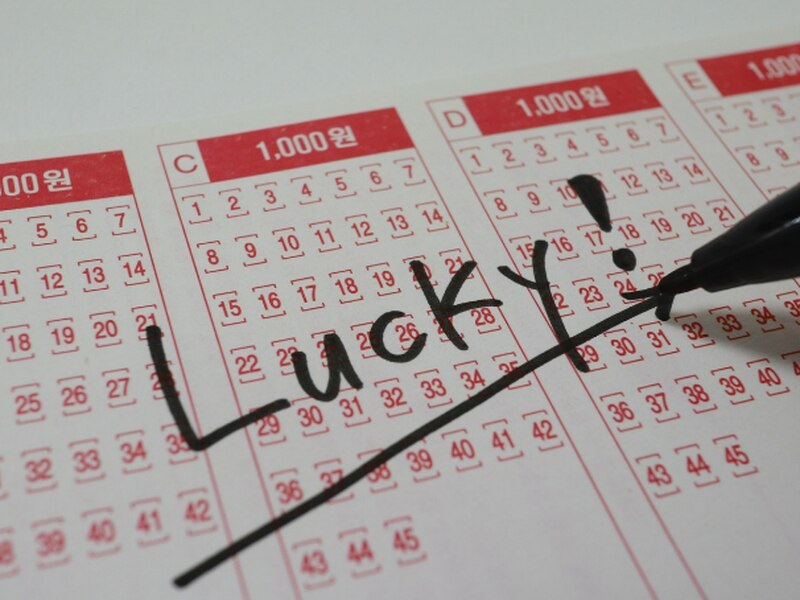Lotteries have been a popular form of gambling for centuries, captivating the minds of millions around the world. But what exactly drives people to play the lottery, despite the slim odds of winning? The answer lies in the psychology behind our desire for hope, anticipation, and the thrill of the unknown.

The Power of Hope
One of the main reasons why people play the lottery is the hope it provides. The idea that a small investment could lead to a life-changing jackpot is incredibly enticing. Even though the odds of winning are minuscule, the possibility of a positive outcome gives individuals a glimmer of hope. This hope acts as a powerful motivator, as it allows people to dream of a better future, imagine all the possibilities, and temporarily escape from their daily routine.
The Anticipation Factor
Another psychological aspect that drives people to play the lottery is the anticipation it generates. The period between purchasing a ticket and waiting for the draw builds excitement and suspense. This anticipation can be addictive, as it triggers the release of dopamine, a neurotransmitter associated with pleasure and reward. The brain becomes conditioned to associate the act of playing the lottery with positive emotions, reinforcing the desire to continue playing.

The Illusion of Control
Playing the lottery also taps into our innate desire for control. While the outcome is ultimately determined by chance, the act of selecting numbers and purchasing a ticket gives individuals a false sense of control over their fate. This illusion of control can be comforting, as it allows individuals to believe that their actions can influence the outcome. By participating in the lottery, people find solace in the belief that they have some agency in determining their future.
Social Proof and FOMO
Lotteries are often promoted through extensive advertising campaigns that highlight winners and their newfound wealth. This creates a sense of social proof, where individuals see others winning and believe that they too could be the next lucky winner. The fear of missing out (FOMO) also plays a role in driving people to play the lottery. Seeing friends, family, or colleagues playing and talking about the lottery can create a sense of pressure to participate, as individuals do not want to be left out.
The Availability Heuristic
The availability heuristic is a cognitive bias that leads individuals to rely on readily available information when making decisions. Lottery jackpots, often advertised prominently, are easily accessible in our minds. The media’s coverage of lottery winners also contributes to the availability heuristic, making the idea of winning seem more plausible than it actually is. This bias influences individuals to overestimate their chances of winning, further fueling their desire to play.
The Escapism Factor
Lastly, playing the lottery provides a form of escapism from the hardships and challenges of everyday life. In a world filled with stress and uncertainty, the lottery offers a temporary reprieve, allowing individuals to fantasize about a future without financial worries. It offers a brief but powerful escape from reality, where dreams can come true and problems can be solved with a stroke of luck.
The psychology behind the lottery reveals that our desire for hope, anticipation, control, social proof, and escapism plays a significant role in why we play. The lottery taps into our deepest desires and emotions, offering a chance at a better life and a glimmer of hope. While the odds may be stacked against us, the psychological benefits and allure of playing the lottery continue to captivate us year after year.




